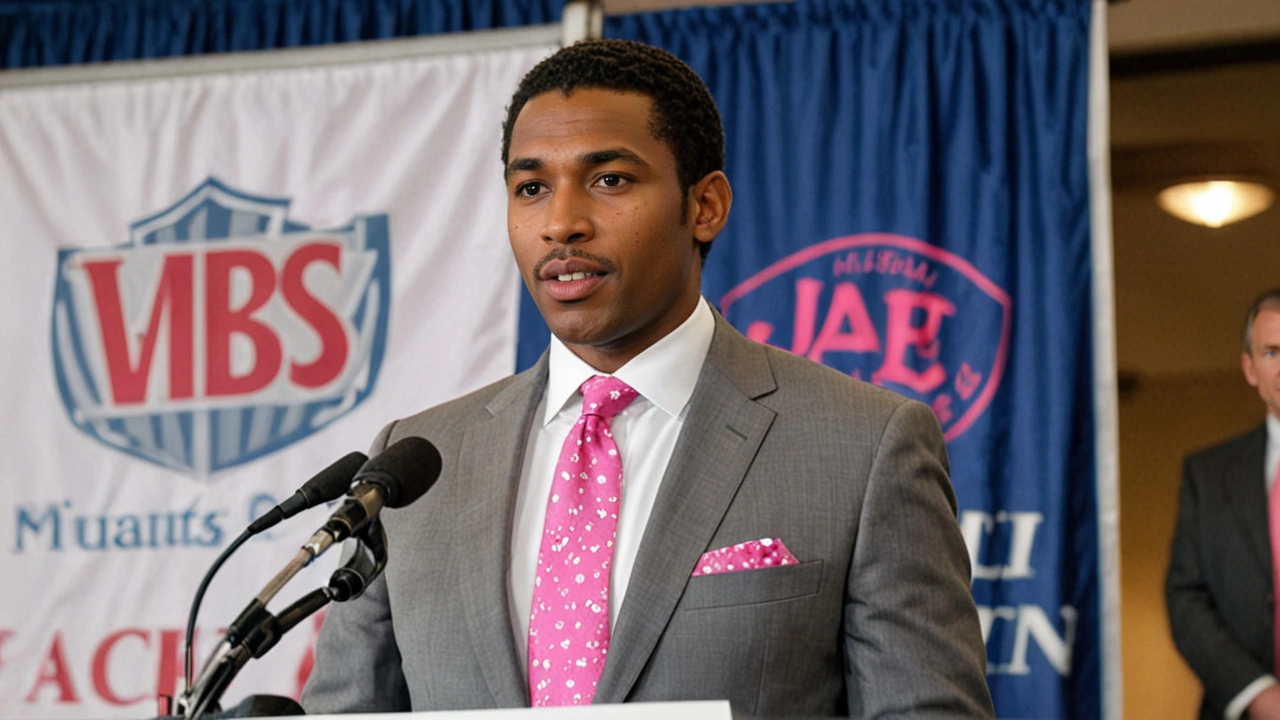Bank Collapse: What Triggers It and How It Affects You
Ever wonder why a bank suddenly shuts its doors? It usually isn’t a mystery – bad loans, weak management, or a sudden loss of confidence can tip a healthy institution into trouble. When depositors hear rumors, they rush to pull their money, creating a classic "run" that can seal the bank’s fate. In most cases, a mix of poor decisions and external shocks makes the difference.
Think of a bank as a middleman: it takes deposits and lends them out. If borrowers default or the bank invests in risky assets, the cushion evaporates. Add a sudden spike in interest rates or a currency crisis, and the bank’s balance sheet can crumble fast. Regulators keep a close eye on these warning signs, but sometimes the pressure builds faster than they can act.
What Happens to Your Money?
Most countries have deposit insurance schemes that protect everyday savers up to a set limit – often $100,000 or the local equivalent. If the bank collapses, the insurance fund steps in and returns the covered amount, usually within a few days. Money above the insured limit can be at risk, but the bank’s liquid assets are sold to recover as much as possible.
While the process can feel scary, the goal is to keep the banking system stable. You’ll hear messages like "your account is safe" because the insurance program is designed to prevent panic. Still, it’s smart to spread large sums across a few banks or keep some cash in safe, insured accounts.
How Regulators Respond
When a bank shows signs of distress, regulators can step in early. They might require the bank to raise more capital, cut risky exposures, or find a buyer. If the situation spirals, authorities can place the bank into receivership, appoint a manager, and arrange an orderly wind‑down. In many cases, a healthier bank buys the failing institution’s good assets, which helps protect depositors and limit disruption.
These actions aim to keep credit flowing to businesses and households. A sudden loss of a major bank can freeze lending, hurt jobs, and send markets tumbling. That’s why regulators act quickly – to contain the ripple effects before they become a full‑blown financial crisis.
For everyday people, the best defense is staying informed. Check your bank’s capital ratios, read news about any regulatory actions, and know the limits of your deposit insurance. If you hear rumors, verify them with official sources before making any hasty withdrawals.
Bank collapses are rare, but they do happen. Understanding the why, the safety nets, and the role of regulators can turn a frightening headline into a manageable situation. Keep an eye on your finances, diversify where you can, and remember that the system is built to protect you in most cases.
Tshifhiwa Matodzi, the ex-chair of VBS Mutual Bank, has been sentenced to 15 years in prison. His involvement in fraud and theft led to the bank's collapse. Pleading guilty to 33 charges, this sentence marks a pivotal moment in addressing the scandal.
More
